While the U.S. often grabs headlines with its bombast and flash, Canada has been steadily racking up wins on the global scoreboard. From diplomacy and healthcare to innovation and pop culture, the Great White North has found ways to shine, often without needing the spotlight. Here are 20 moments when Canada quietly, confidently, and sometimes cheekily outperformed its southern neighbour.
Global Peacekeeping Leadership

While the U.S. often leads with military might, Canada carved out a reputation as a peacekeeping superpower. Since the 1950s, Canada has played a central role in UN peacekeeping missions, including the landmark resolution of the Suez Crisis in 1956, led by Canadian diplomat Lester B. Pearson. He even won the Nobel Peace Prize for his efforts, a distinction few U.S. generals can claim. Canada’s diplomatic and measured approach to global conflict resolution earned it deep respect on the world stage.
Universal Healthcare Model

When it comes to healthcare, Canada’s system is consistently ranked higher in global efficiency and accessibility indexes. The U.S. spends far more per capita, yet millions remain uninsured. Canada’s single-payer model, introduced in Saskatchewan in 1962 and adopted nationwide by 1971, provides comprehensive coverage for all citizens. The World Health Organization and the Commonwealth Fund frequently cite Canada’s system as a benchmark. While Americans debate medical bankruptcy and insurance premiums, Canadians worry more about hockey scores.
Legalization of Cannabis
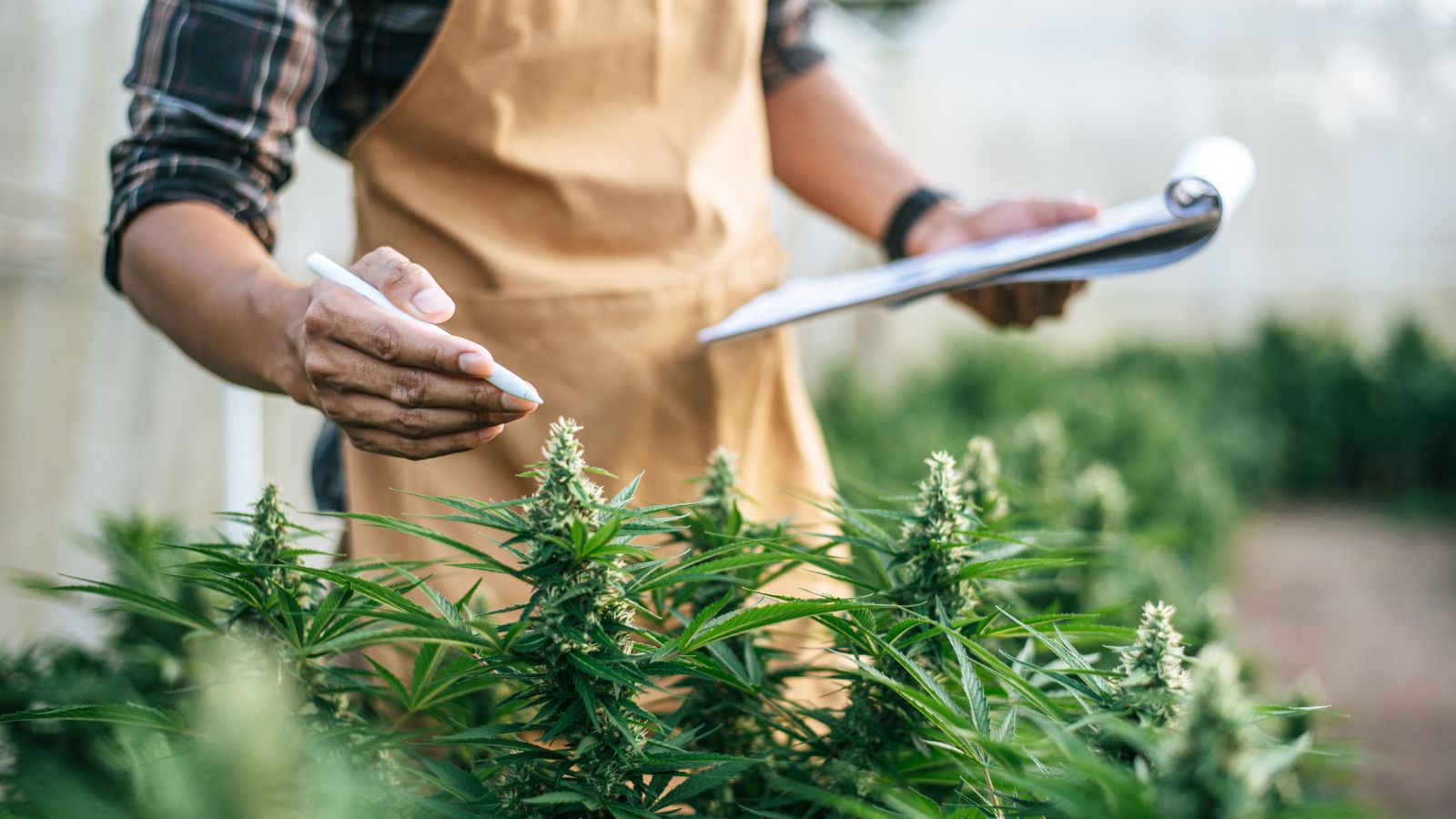
Canada went fully green in 2018, becoming the second country in the world (after Uruguay) to legalize recreational cannabis at the federal level. The U.S. remains a patchwork of confusing state laws and federal prohibition. Canada’s comprehensive approach included taxation, public education, and strict quality control. The result? Billions in revenue and a thriving, regulated industry. Meanwhile, American cannabis entrepreneurs still face federal legal uncertainty.
Global Education Rankings
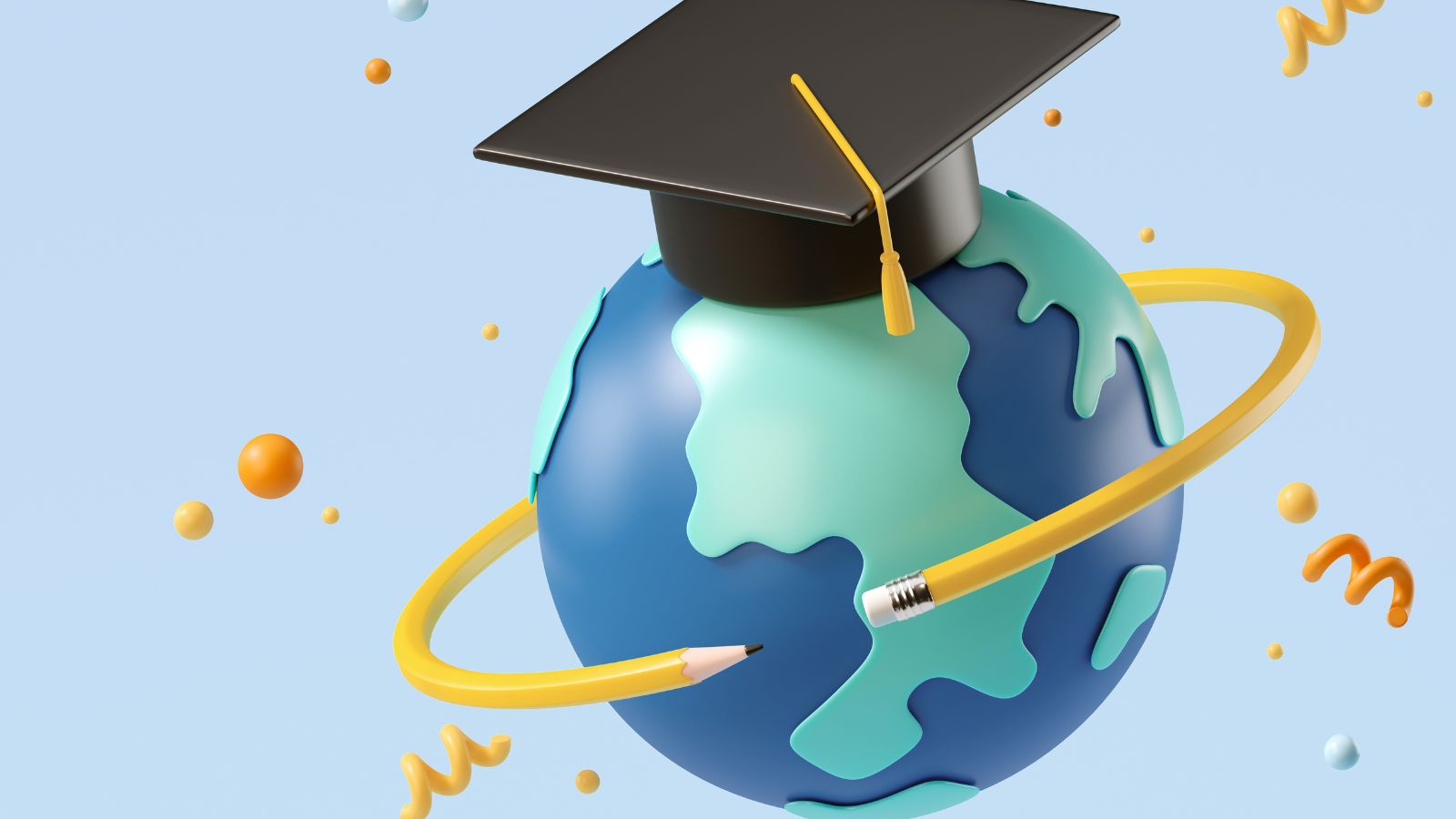
Canada consistently ranks among the top countries in global education performance. In the OECD’s PISA rankings, Canadian students outperform their American counterparts in reading, mathematics, and science. What’s more impressive? Canada achieves this with a highly diverse population and significantly lower educational inequality. Publicly funded schools across provinces maintain high standards, and post-secondary institutions, such as the University of Toronto and McGill, rank among the world’s best. Meanwhile, the U.S. grapples with student loan crises and fluctuating education quality.
Response to COVID-19
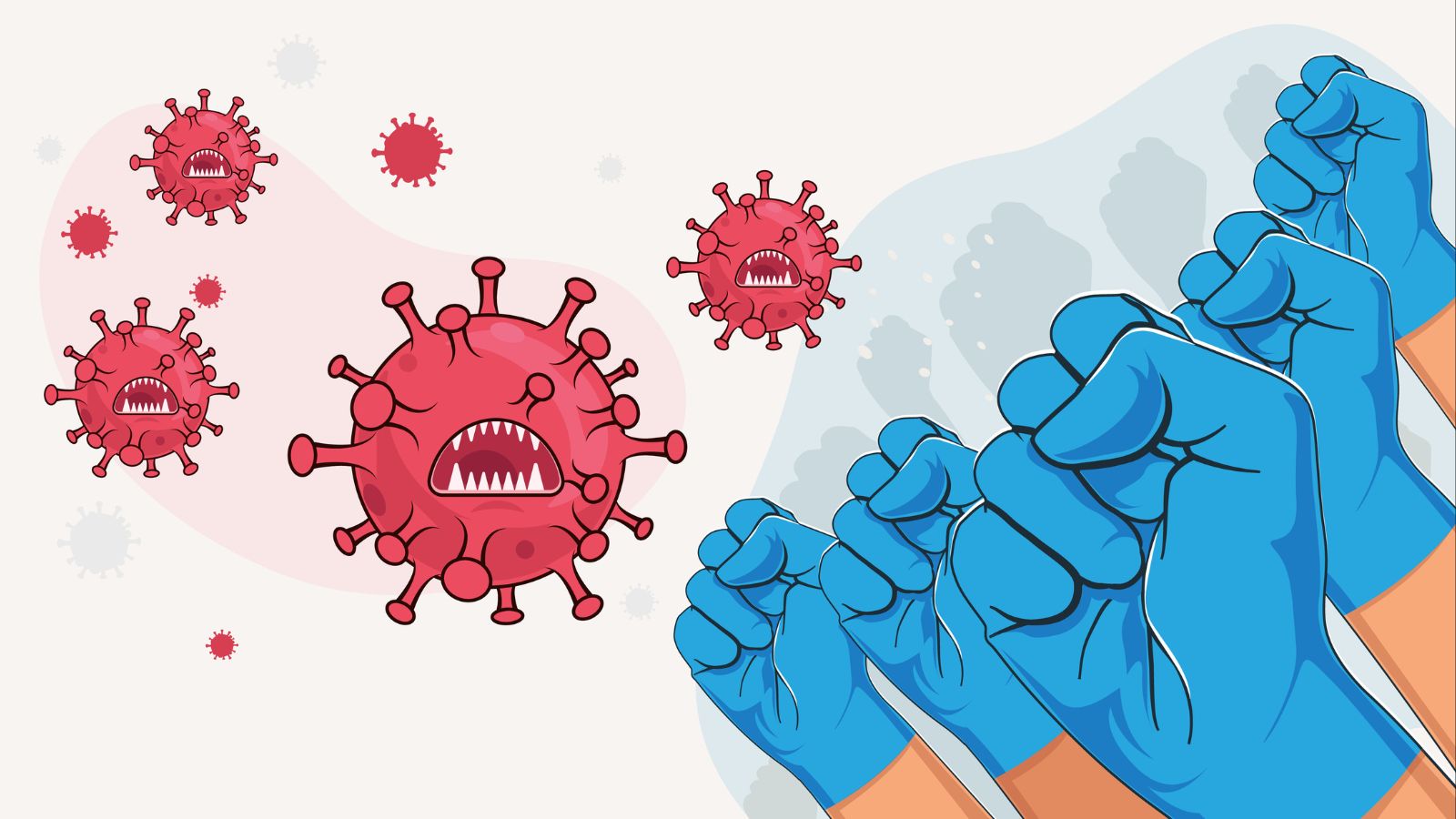
Canada’s response to the COVID-19 pandemic, while not flawless, was globally lauded as more coordinated and compassionate than that of the U.S. Universal healthcare played a key role in accessibility to testing and treatment. Federal messaging was clearer, and vaccine distribution was more equitable. According to Johns Hopkins data, Canada also had significantly fewer deaths per capita compared to the U.S. during the first two years of the pandemic. While America battled political division over masks and mandates, Canada leaned into its culture of collective responsibility, with quiet competence prevailing.
Banking Stability
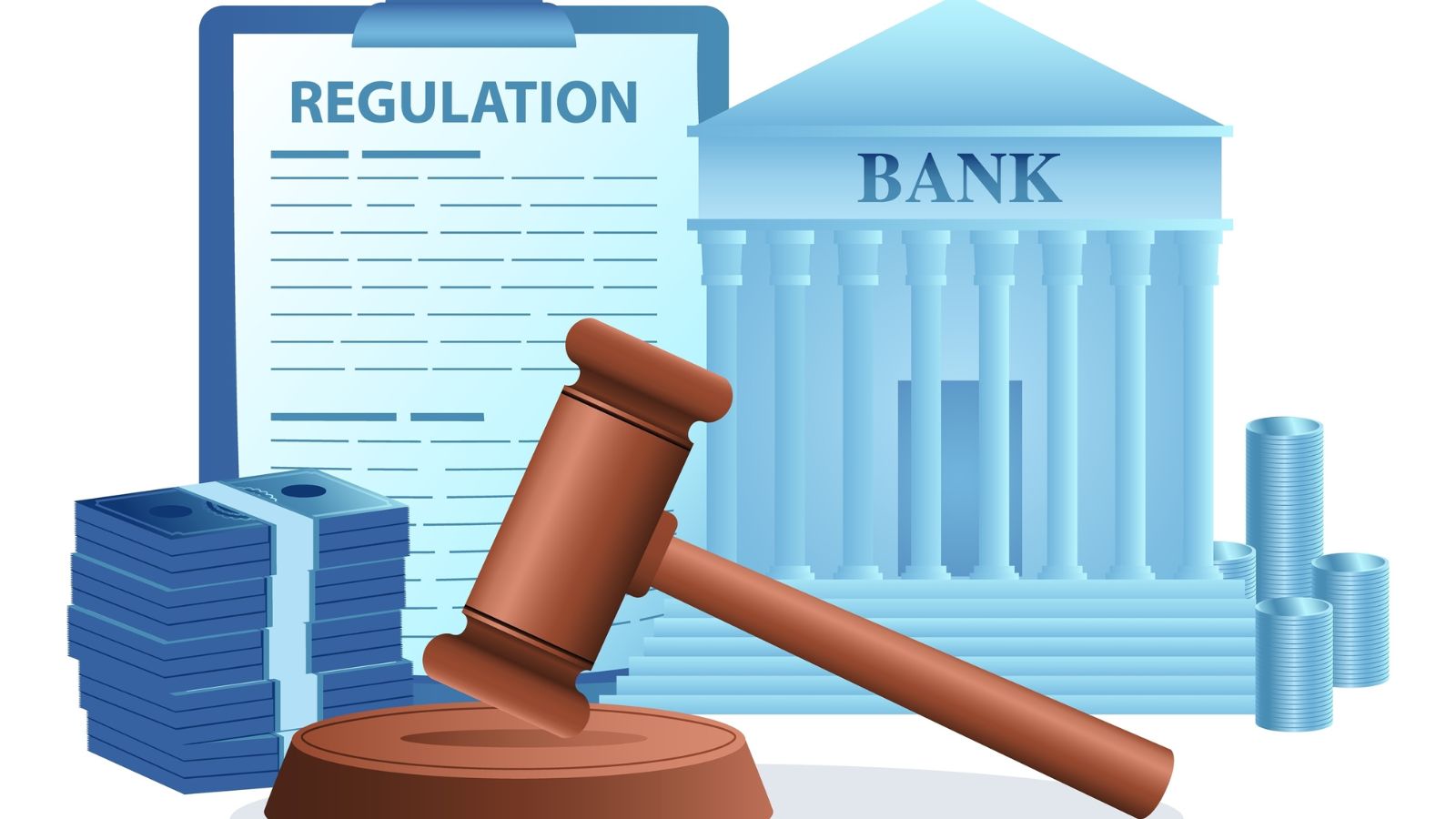
During the 2008 financial crisis, Canadian banks emerged as some of the most stable in the world. While major U.S. institutions crumbled and required bailouts, not a single Canadian bank failed. The World Economic Forum even ranked Canada’s banking system as the world’s soundest for several consecutive years. Strict regulations, conservative lending practices, and a focus on customer trust insulated Canadian banks from reckless speculation. It wasn’t sexy, but it worked.
Environmental Stewardship (Relatively Speaking)
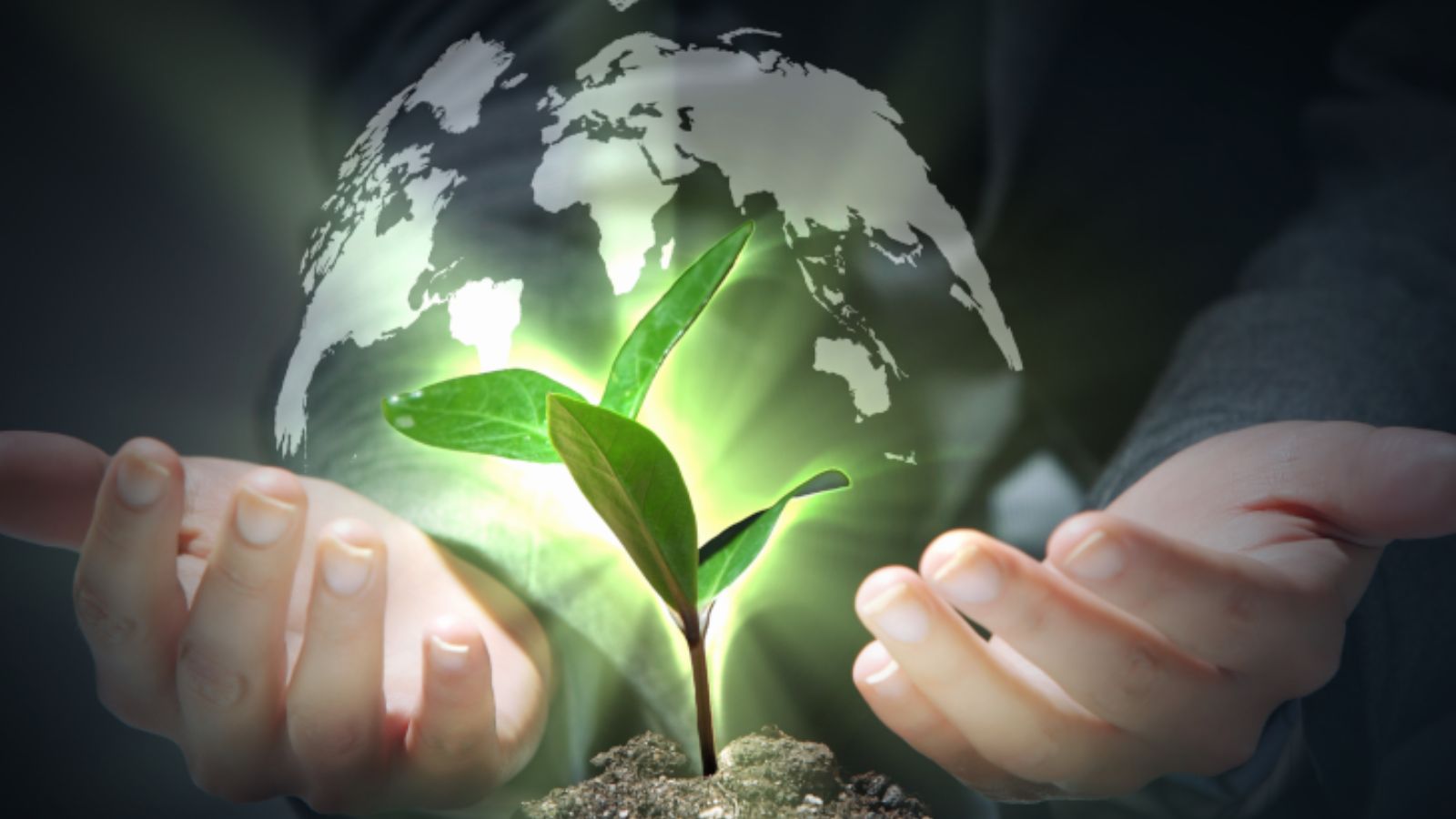
Though not perfect, Canada has often led North America in environmental commitments. The U.S. exited the Paris Agreement under President Trump, while Canada remained a part of it. Canada has implemented a nationwide carbon tax and is investing in clean energy transitions. Additionally, with its extensive boreal forests and freshwater reserves, Canada has emerged as a global leader in environmental conservation. While the U.S. debates climate change on political lines, Canada, despite its oil sector, has made more tangible commitments to sustainability.
Refugee Resettlement
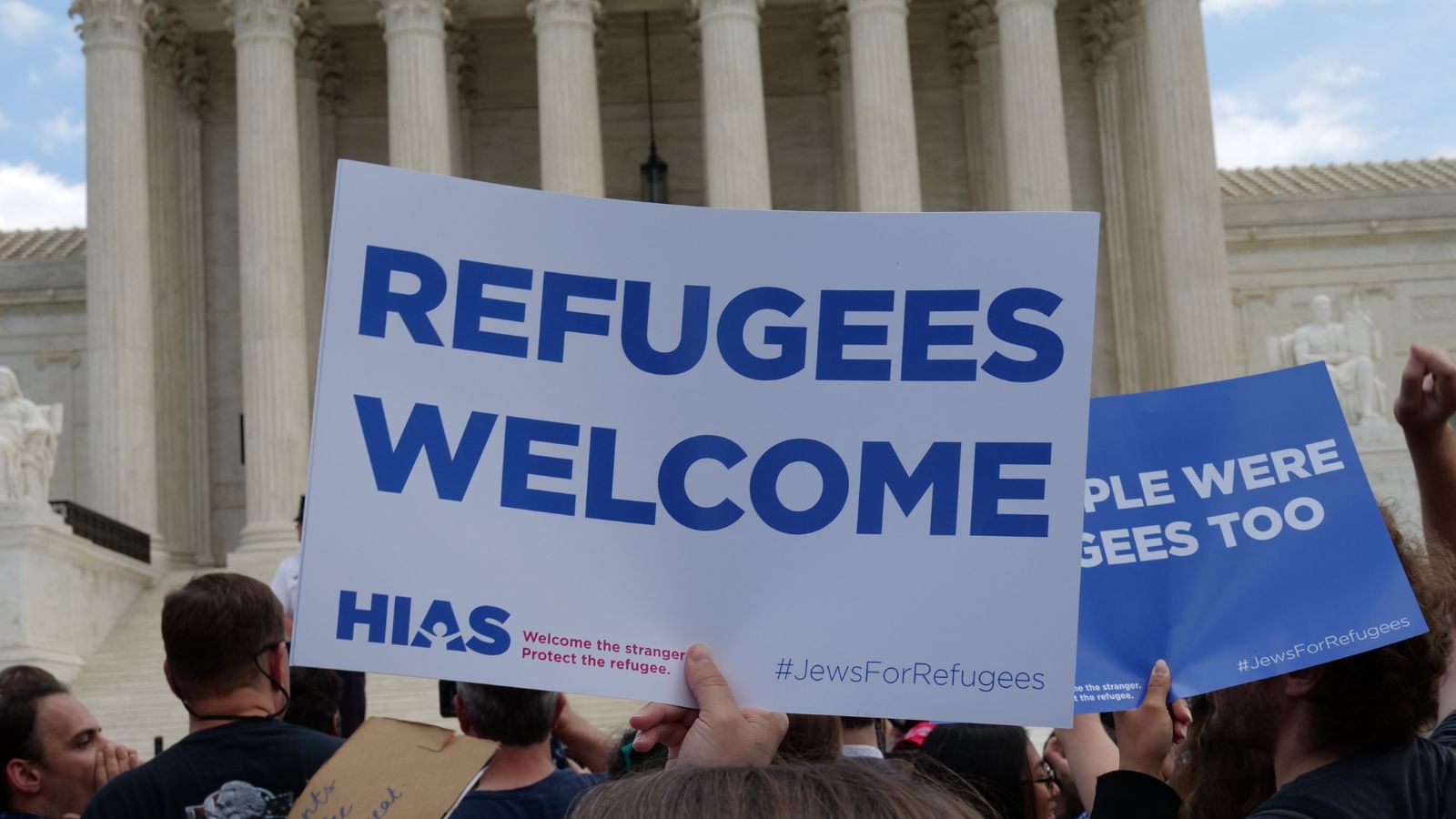
Canada has repeatedly stepped up on the global refugee stage, often outpacing the U.S. in both per capita intake and integration efforts. The Syrian refugee crisis is a prime example: between 2015 and 2017, Canada resettled over 40,000 refugees, many through private sponsorship programs. The effort was widely praised for its warmth, efficiency, and community involvement. U.S. refugee numbers also dropped dramatically during the same period.
Media Trust Levels

In an era of fake news and deep political divisions, Canadians report significantly higher trust in their media than Americans do. Studies by Edelman and Reuters Institute show that Canadian media consumers are more likely to perceive their news as accurate and balanced. Public broadcasters like CBC offer comprehensive coverage without the hyper-partisan slant typical in U.S. outlets. While American viewers retreat into ideological echo chambers, Canadians sip their coffee to balanced reporting.
Internet Freedom and Privacy

While the U.S. wrestles with data breaches and surveillance debates, Canada has maintained stronger digital privacy protections. Laws like PIPEDA ensure companies handle personal data responsibly. The Canadian Radio-television and Telecommunications Commission (CRTC) also maintains tighter regulations on telecom monopolies and internet providers. Meanwhile, the U.S. Federal Communications Commission has faced criticism for rolling back net neutrality. Canada’s quieter commitment to internet fairness has earned it praise from digital rights watchdogs.
Multicultural Integration
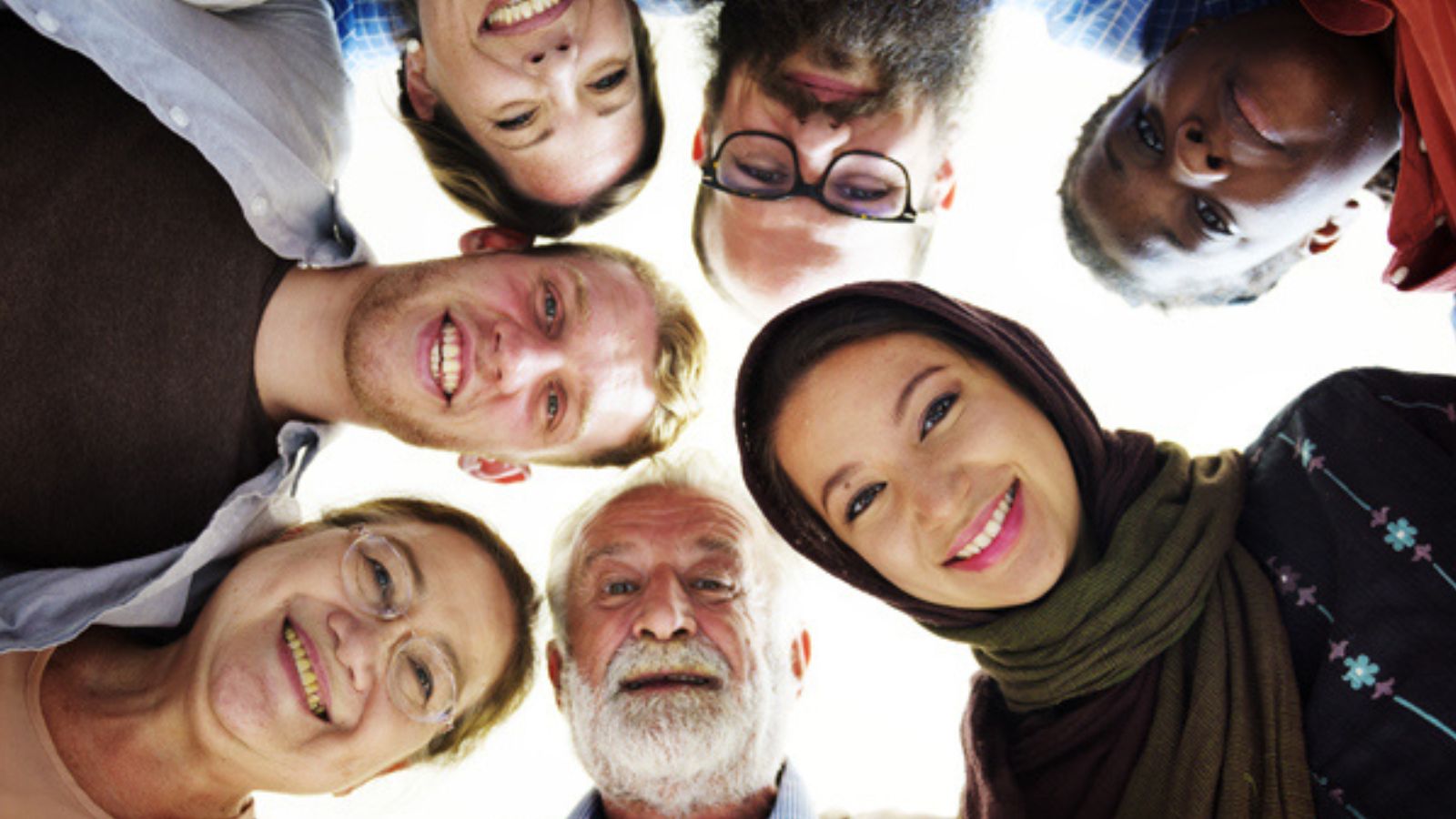
Canada doesn’t just tolerate diversity, it celebrates it. The country’s multiculturalism policy, officially adopted in 1971, was the first of its kind globally. Unlike the U.S. melting pot approach, Canada promotes a cultural mosaic model where different communities maintain their heritage while contributing to the national identity. Additionally, in cities like Toronto and Vancouver, over half of the population is foreign-born, yet social cohesion remains strong. International surveys consistently rank Canada as one of the most welcoming nations for immigrants.
Global Reputation Rankings

Canada consistently outshines the U.S. in international reputation rankings. The Reputation Institute and Anholt-Ipsos Nation Brands Index frequently rank Canada among the top 3 for global trust and admiration, citing its friendliness, governance, and safety. The U.S., especially in turbulent political years, has seen its ranking drop significantly. Canada’s low-key diplomacy, social policies, and scenic exports (hello, Banff) resonate globally. It’s like showing up to the party in a nice flannel instead of a gold chain, and still being everyone’s favorite.
Foreign Aid Efficiency
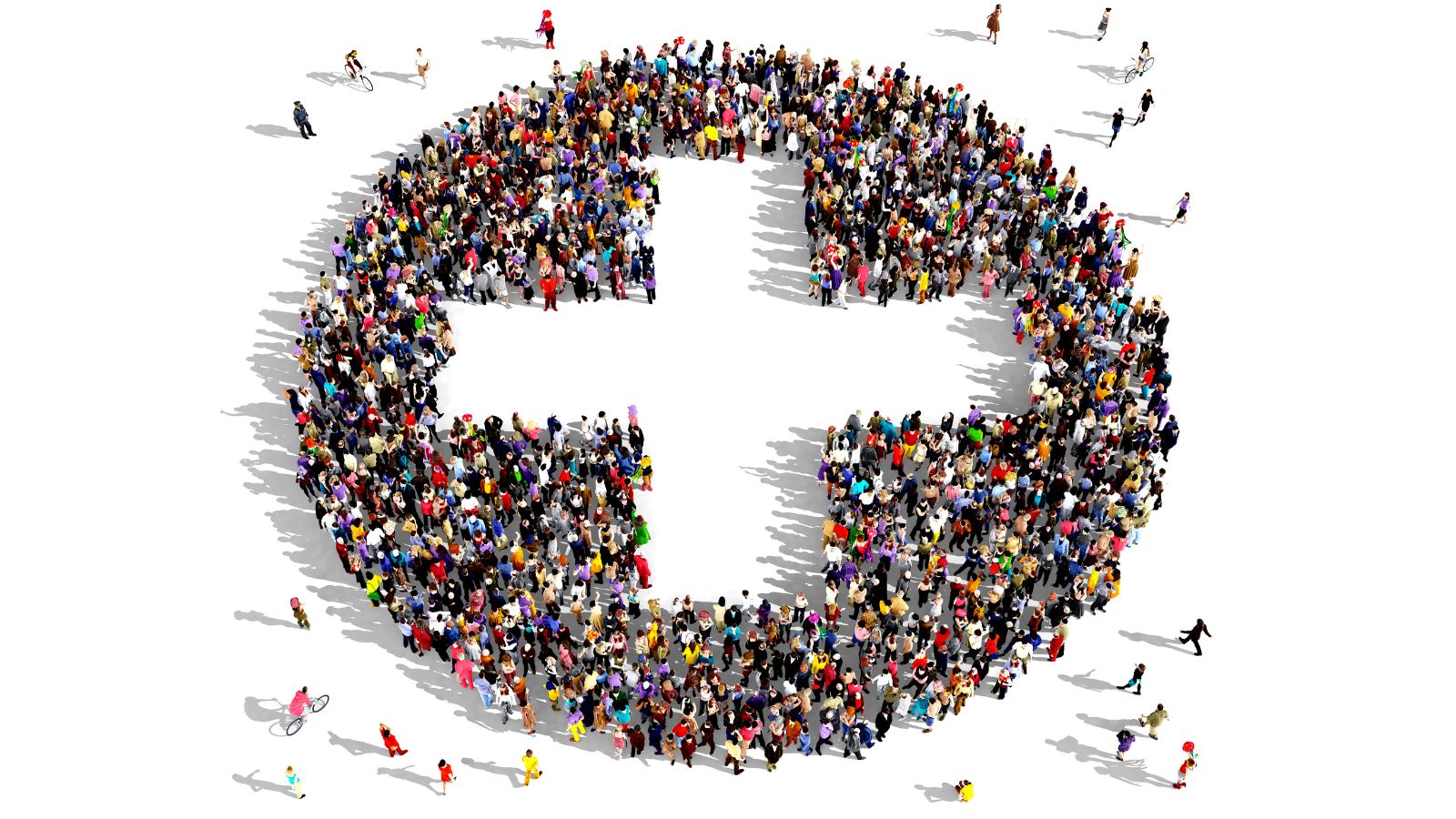
While the U.S. donates more money overall, Canadian foreign aid is often more targeted, effective, and community-based. Canada’s Feminist International Assistance Policy, for example, prioritizes women’s rights, education, and healthcare in developing nations. The OECD has praised Canada for its focus on sustainable development and poverty reduction. Canadian NGOs and volunteer programs are known for collaboration, not imposition.
Cultural Soft Power

From Drake to Schitt’s Creek, Canada’s cultural exports have punched far above their weight in recent years. The Emmy-sweeping success of Canadian productions and the international dominance of artists like The Weeknd and Shawn Mendes show that Canada’s influence doesn’t need to be loud to be global. Unlike Hollywood’s blockbuster machine, Canadian media often focuses on subtlety, diversity, and heart. It’s soft power with soul, and the world is listening.
Global LGBTQ+ Rights

Canada has consistently ranked among the top countries in terms of LGBTQ+ rights. It legalized same-sex marriage in 2005, a full decade before the U.S. followed suit federally. Canadian provinces also have comprehensive anti-discrimination laws, and healthcare coverage includes transition-related care in many regions. Pride events across Canada enjoy broad public support and participation. Additionally, international LGBTQ+ indexes consistently rank Canada in the top tier, citing its societal acceptance and robust legal protections.
Access to Clean Water

Although Indigenous communities in Canada still face challenges in accessing water, the country overall ranks higher than the U.S. in terms of access to clean, safe drinking water. According to Yale’s Environmental Performance Index, Canada scores better in terms of water, sanitation, quality, and access. Major cities like Vancouver and Montreal consistently deliver high-quality tap water. Meanwhile, parts of the U.S., including Flint, Michigan, have faced high-profile water crises.
Scientific Innovation per Capita

Though the U.S. leads in overall research output, Canada performs strongly when adjusted for population. Institutions such as the Perimeter Institute for Theoretical Physics and the Canadian Light Source have garnered global acclaim. Canada also pioneered major breakthroughs, such as insulin (developed by Banting and Best in 1921) and the Canadarm. Recent advancements in AI, quantum computing, and biomedical research place Canada among global innovators. It’s science with fewer headlines, but equal brilliance.
Policing Without Militarization
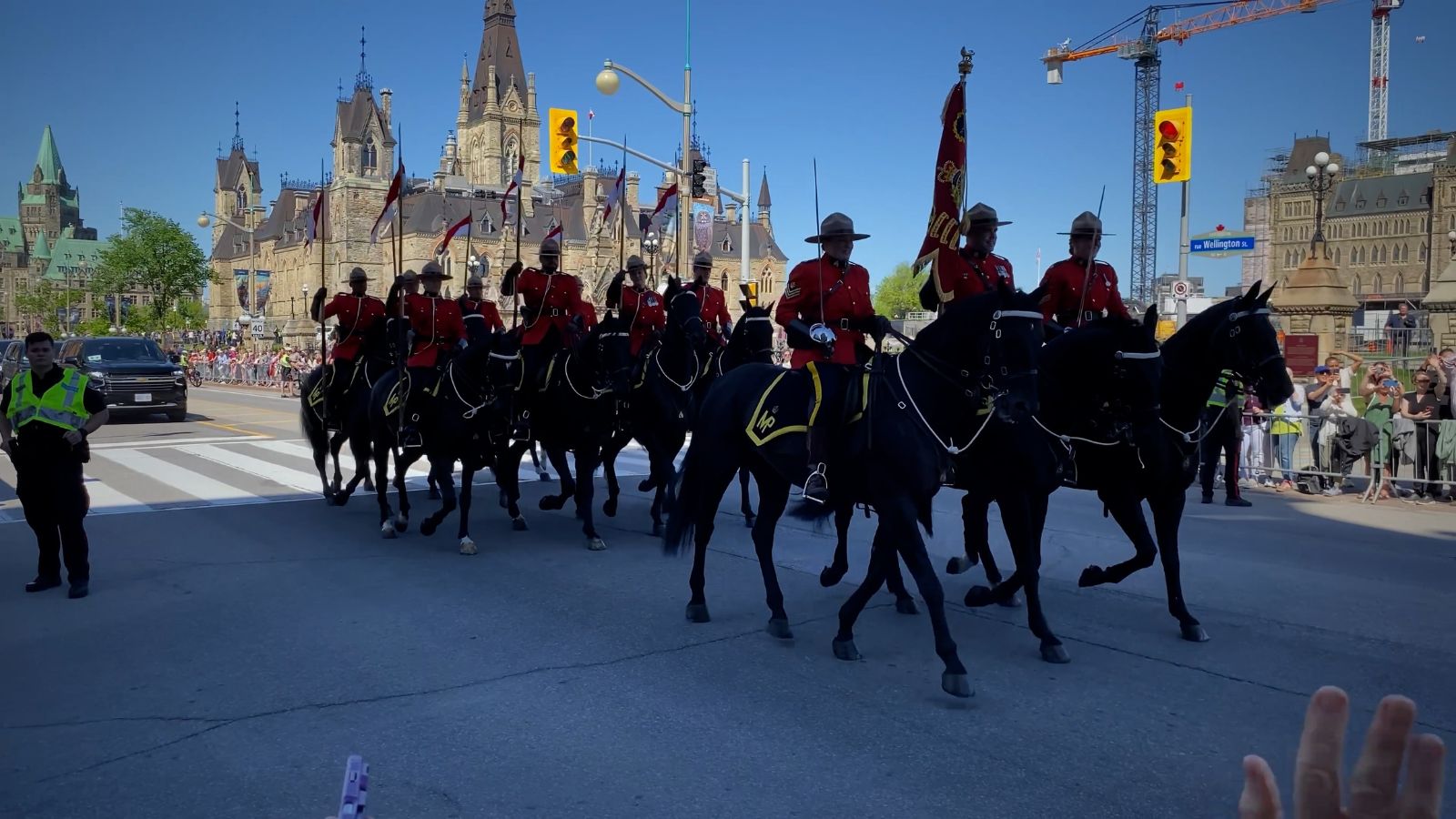
While U.S. police departments increasingly resemble military units, Canadian policing remains more community-focused. The Royal Canadian Mounted Police (RCMP) and local forces emphasize de-escalation and mental health training. Incidents of police brutality, while not absent, are statistically less frequent than in the U.S. Studies by the CBC and Statistics Canada show greater public trust in Canadian law enforcement. And, while American cities debate defunding and reform, Canada quietly models a less aggressive, more inclusive approach.
Innovation in Public Transit

Canada’s cities, though smaller, often lead North America in public transit innovation. Toronto’s Presto Card and Montreal’s REM (Réseau express métropolitain) are modern, integrated systems. Vancouver’s SkyTrain was one of the world’s first fully automated rapid transit systems. Canada has also invested in clean, efficient infrastructure, even as many U.S. systems struggle with underfunding and aging equipment. All in all, transit in Canada might not always be fast, but it’s forward-thinking.
Civility in Politics

While U.S. politics often feels like a televised cage match, Canada’s political culture remains (mostly) civil. Debates are firm but respectful, and political scandals are less frequent and often less sensational. Minority governments are common, and cooperation across party lines is not unheard of. Voter turnout, while not perfect, often exceeds U.S. levels. Canadians tend to value substance over spectacle, and policy over personality. Democracy, it seems, can function without turning into a circus.
21 Products Canadians Should Stockpile Before Tariffs Hit

If trade tensions escalate between Canada and the U.S., everyday essentials can suddenly disappear or skyrocket in price. Products like pantry basics and tech must-haves that depend on are deeply tied to cross-border supply chains and are likely to face various kinds of disruptions
21 Products Canadians Should Stockpile Before Tariffs Hit
